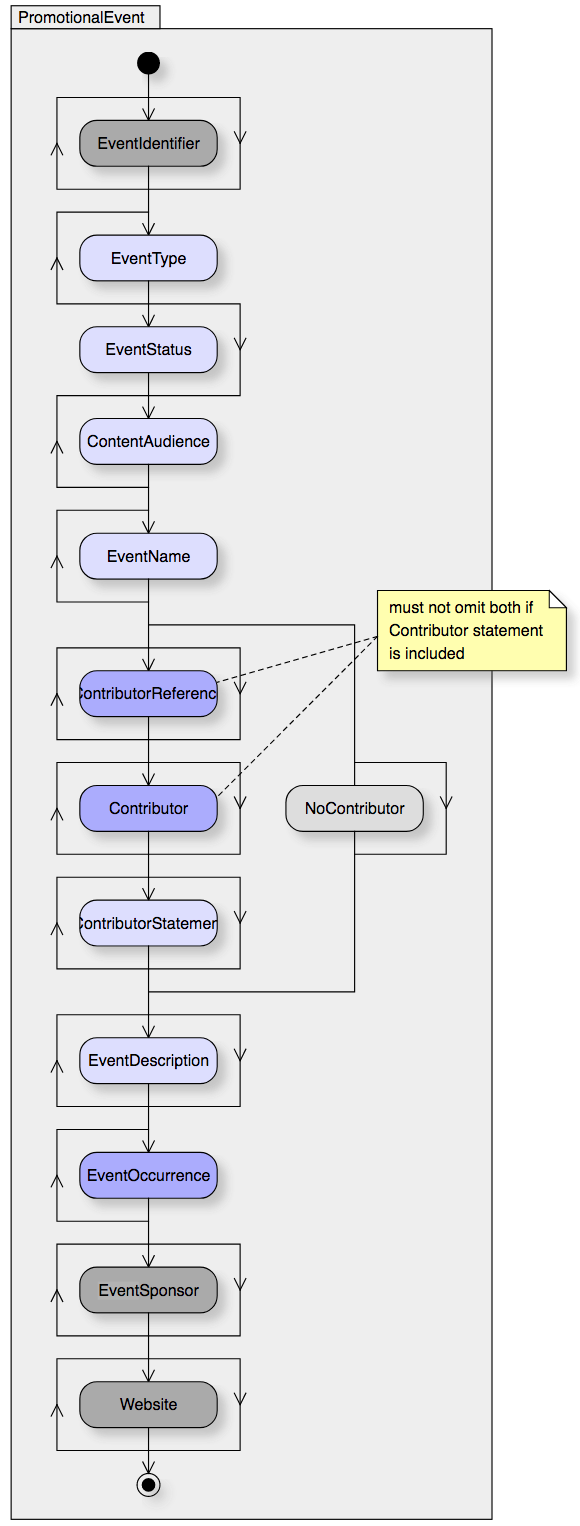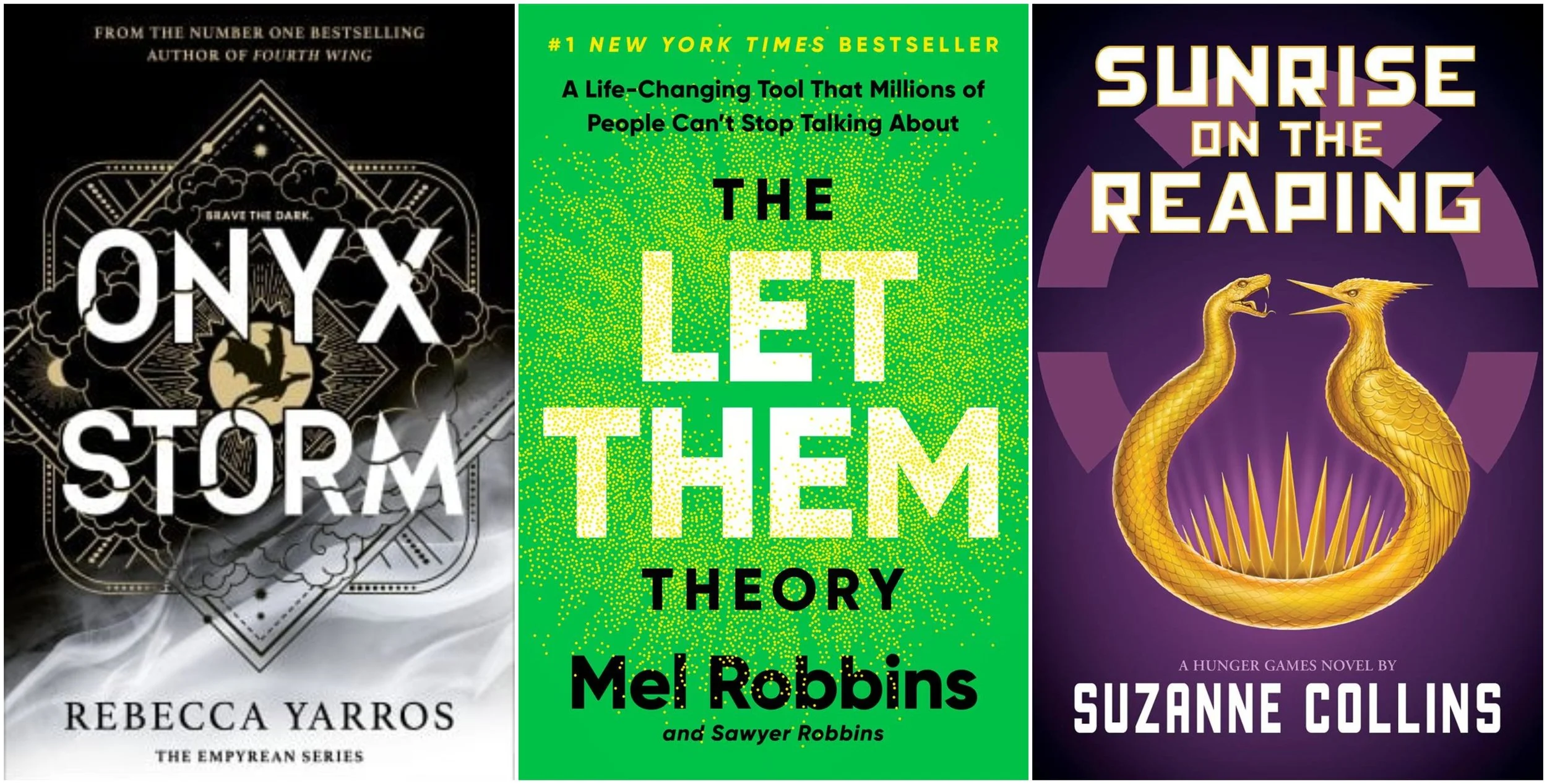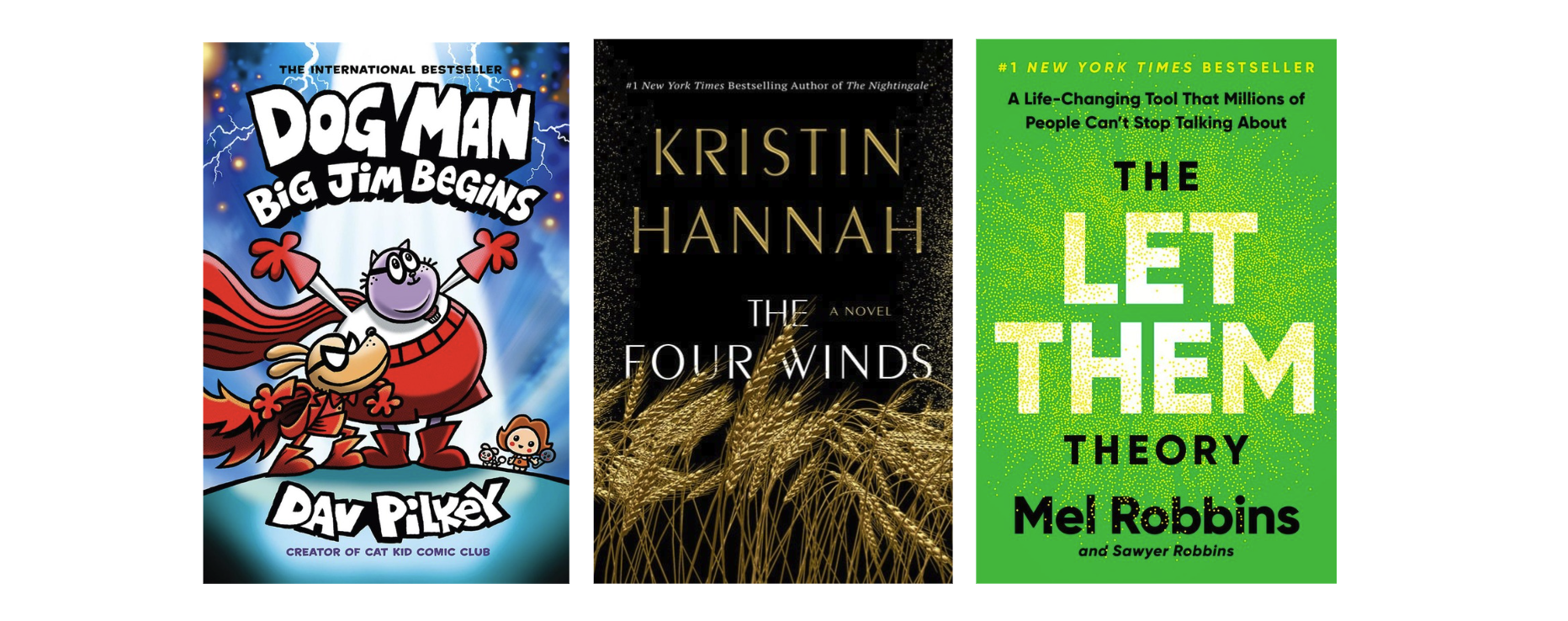TL;DR: Use ONIX’s Block 7, Promotion detail, to feature events relating to your books, and include thorough information so your audience (expected and potential) may make informed decisions about their attendance (or not). In doing so, you can support an “equitable, consenting reopening" of publishing events.
Reopening… or restructuring?
As publishing looks to Fall 2022 for its first full season of in-person author events, book launches, and conferences following the physical distancing and closures that marked the first two plus years of the COVID-19 pandemic, it's prescient to think about “equitable, consenting reopening,” to quote Cynara Geissler, the Director of Marketing and Publicity at Arsenal Pulp Press.
In Cynara’s compassionate and compelling op-ed from June 2021 in The Tyee, Cynara spoke to the British Columbia provincial government’s plan to “reopen”:
‘If the idea of being in a room with 50 other people — something BC’s restart plan says may be possible as early as June 15 — terrifies you right now, I don’t think you’re wrong to feel that way. I feel that way, too.’
Cynara’s article is definitely worth a careful, intentional read and I encourage you to open the article and read it in another tab.
Cynara deftly makes the case that a just societal reopening should proceed with players “moving at the speed of trust,” a term from the transformative justice space that fellow writer Kai Cheng defines as “a reminder that accountability and relationship repair work generally need to move slowly in order to be sustainable.”
As she explores her thoughts around reopening, Cynara moves to a discussion of privilege beyond the commercial and capitalistic, and confirms what we all know now to be true:
We tend to think of privilege as being hyper visible — an Instagram carousel post featuring a big showy house, multiple vehicles and a remote lakefront property at which to safely, luxuriously wait out the worst of the pandemic. In the most expensive city in North America, during an ongoing housing crisis, access to a private home, vehicle, options to work from home — and the sanitation practices and flexibility that affords — are notable privileges.
But it’s more than that. Privilege is also an absence of barriers, and the related need to not expel the energy it takes to navigate them.
Where Cynara is at her most eloquent is when she speaks about the risk calculation that many encountered for the first time because of the pandemic (who to see, when to see them, and under which conditions) and she reminds us that this was the lived reality of the “disabled and chronically ill folks in our communities [who] made similar calculations” routinely before COVID-19.
I have spent a lot of time thinking about Cynara’s piece in the year since it was published. In the “before times,” I was BookNet’s annual IRL Tech Forum conference planner and programmer. I came to the role with extensive experience in event planning and execution in the arts sector. I, like so many other event planners, “lived for live” — I thrived on the challenge and opportunities inherent in developing knowledge of an event’s intended audience and crafting memorable, unforgettable experiences. And I know I was guilty of Cynara’s assessment of our world — accessibility is an afterthought.
COVID-19 has provided an opportunity to strike a new balance between the need for human re-connection and physical gathering and the need to restructure society in a way that offers justice and equity for all.
Picture this: Fall 2022’s social and professional lineup
If you’re new to publishing, you’re about to discover what many of us in the industry know well:
there are far too many books published each year;
it seems as if every single one of them is released between mid-August and mid-December; and
the number of book launches and award-related parties will exceed the time slots you have available in your calendar.
In the before times, pre-COVID-19, for the vast majority of non-disabled or chronically ill folks there was a sophisticated calculus that weighed several factors in the decision to attend the event or not:
your interest in the book or the event;
the weight of that event on your professional standing;
the amount and quality of free food [or drink] available;
the amount and quality of the social and professional networking to be had; and
the degree to which your personal life would suffer due to your attendance.
If you're exhausted by that list, imagine adding the additional risk calculation that disabled or chronically ill folks would include in their decision-making pre-COVID-19. Hopefully you can see that there needs to be a better way to plan and execute events post-COVID-19.
Where ONIX comes in
No surprise, we’re big fans of ONIX here. The standardization, the granular specificity, the superb documentation (tell me you don’t love the calming blues of the EDItEUR website and I’ll show you my sus face)… it’s our happy place.
ONIX is constantly evolving and responding to, and even seemingly predicting, the needs of the marketplace. If there was ever a case for the predictive assertion above, the release of ONIX Block 7, “Promotion detail”, is it.
We like Block 7 so much that we included it in one of our Top reasons to transition to ONIX 3.0. We first talked about Block 7 when it was released in this 2020 blog post. In May 2020, Tom Richardson wrote that Block 7 represents “brand new metadata and no one is using it yet, we expect this to change.... The need is real so the use will happen.” Perhaps Tom is predictive as well. I'm not sure if Tom was speaking of a need for an equitable and consenting reopening, but that need is here and ONIX can deliver.
About Block 7, Promotion detail
As I wrote back in August 2020, for marketing personnel and the people who love them, Block 7, “Promotion detail”, will make your dreams come true. All that work your colleagues put into planning attention-grabbing events for your books and authors? ONIX 3.0 allows you to spotlight these efforts in your product metadata. If the event is designed to promote the book, it should be included in all your marketing efforts, and we know that metadata is marketing.
The <PromotionDetail> composite is comprised of the <PromotionalEvent> composite and its repeats. Each repeat is designed to be a unique event, where multiple stops on a traditional author tour would be represented in a single <PromotionalEvent> composite, with significantly different events (for example, featuring a different agenda, additional contributors or personalities appearing, etc.) represented by unique composites for each in their own <EventOccurrence> composites.
The structure of these two composites allows a data provider to share detailed information about specific events:
The <PromotionalEvent> composite
The <EventOccurrence> composite
Everything about your events can be communicated to data recipients in the <PromotionalEvent> composite:
the name of the event
the type of event
its target audience
the participants (including any/all <Contributor>s, <NameAsSubject>s, and participants specific to the event and not the product itself)
participants specific to the event will require their own <Contributor> composite associated with the <PromotionalEvent>, not in the P.7 Authorship composite
logistical details of the event in the <EventOccurrence> composite:
the status of the event
the date and time of the event
information about the venue (if an in-person event, information such as the venue name, address, accessibility information, rules, etc.) or the access information (if a virtual event, information such as the URL)
sponsorship information (if applicable)
And that’s the sweet spot, the <EventOccurrence> composite.
What to include in the <EventOccurrence> composite
Did you catch that? Information about the venue and access information! Imagine the information disabled and chronically ill folks would need to see when making their calculation about attending and think about all that you could include in your ONIX record for each event.
For in-person events:
the precise venue and street address of the event
a description of the accessibility of all public areas of the event, including washrooms
if the physical accessibility of the space is in accordance with the Accessible Canada Act, provincial standards such as the Accessibility for Ontarians with Disabilities Act, and/or equivalent local standards
if gender neutral washrooms will be available
if there will be an accessible gender neutral washroom available, etc.
For virtual events:
information about the virtual platform and technical requirements
the link to access the event, or an indication of how the link will be provided to attendees, etc.
For both:
a link to the Code of Conduct and information about whether it is strictly enforced
if there will be live captioning by a dedicated service provider or through a software AI
if sign-language interpretation will be available, in which language, by which provider, and how audience members may connect with the service provider, either in advance or at the event
if a recording of the event will be available post-event and whether it will be accessible (captioned, described video, etc.)
how audience members may connect with the organizers either in advance or at the event
This Block and its <PromotionalEvent> composite are the stuff of dreams, truly. Media, bookstores, and libraries have long requested data about book events to anticipate and respond to local demand. Providing this in a standardized form through product metadata saves time across the publicity, sales, and marketing departments of many publishing houses.
This Block is also the stuff of an equitable, consenting reopening. One where equity-seeking members of our community can have the information they need to make decisions about the events they choose to support.
Appendix: A note about adoption
Interested to see the pickup of Block 7 since its debut in 2020, we ran queries on our BiblioShare database but did not find a single record in the database supporting this Block. But that doesn’t mean that you shouldn’t start lobbying for the adoption of this Block within your companies. As I mentioned earlier, in his May 2020 blog post, Tom Richardson noted that it was “brand new metadata and no one is using it yet, we expect this to change.” In that post, Tom also spoke to CataList’s plans to display event metadata, at least one major retailer’s support of an API dedicated to trading it, and that Germany made the original request to EDItEUR and planned to use event promotion as part of their national metadata support.
Whether it be predictive or hopeful on my part, I won't be surprised when trading partners start demanding support for Block 7 from their publishers and data suppliers. Data suppliers are hereby put on notice. Don’t be caught unprepared, as many data suppliers were when certain retailers set deadlines for the adoption of ONIX 3.0.
Again: the need is real so the use will happen.
Further reading:
Resources for those interested in creating meaningful experiences and events:
Cynara Geissler’s article in The Tyee “What Would an Equitable, Consenting Reopening Look Like?”
The Art of Gathering: How We Meet and Why It Matters by Priya Parker, or her meaningful and timely podcast Together Apart


![It is a truth universally acknowledged, that [a publishing professional] in possession of a [job] must be in want of a [break during the Fall season].](https://images.squarespace-cdn.com/content/v1/550334cbe4b0e08b6885e88f/4738152c-815e-4726-ae5f-3cfbbad4714a/6q5o6z.jpeg)














Insights into romance trends and the performance of Heated Rivalry.